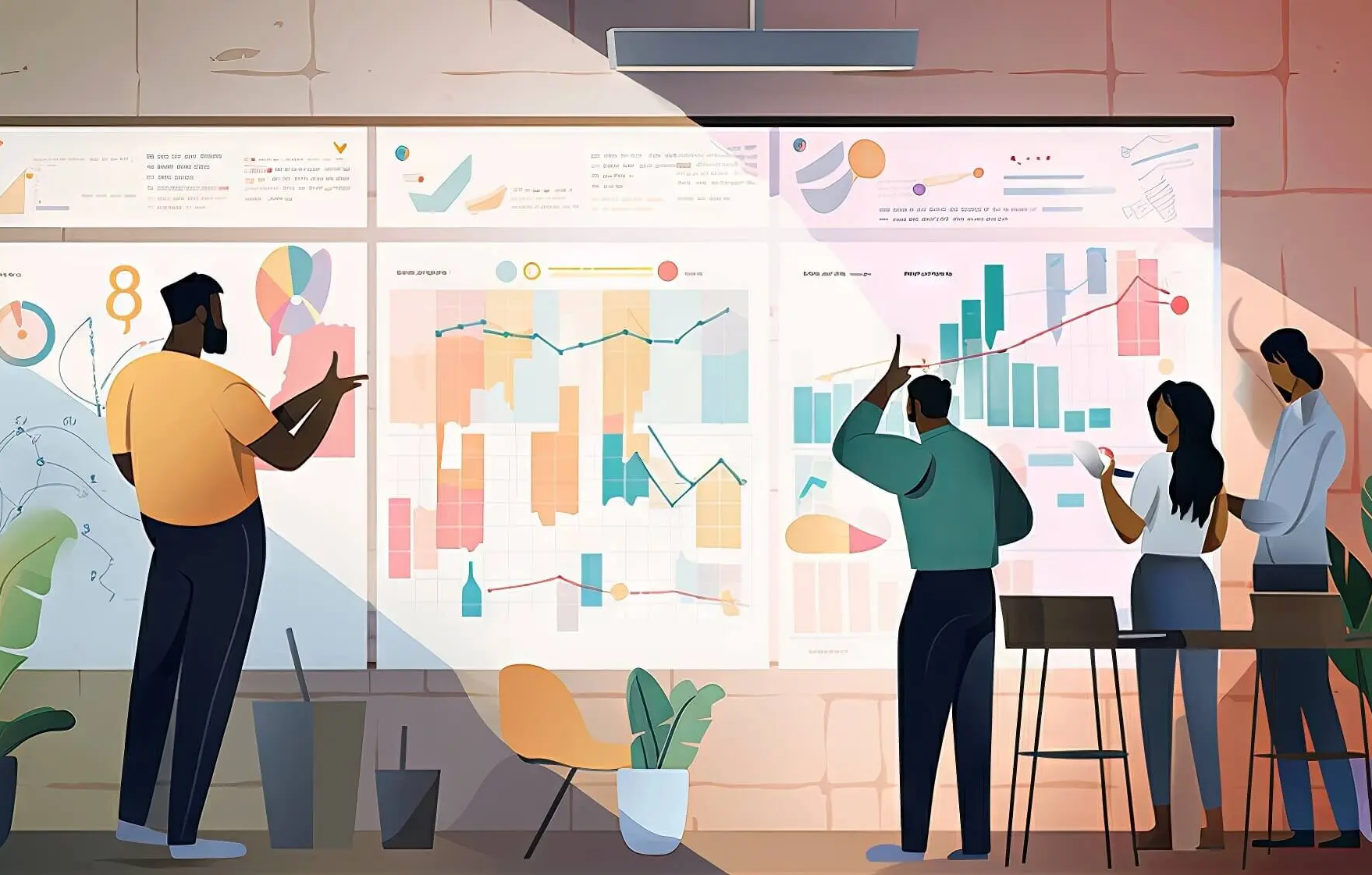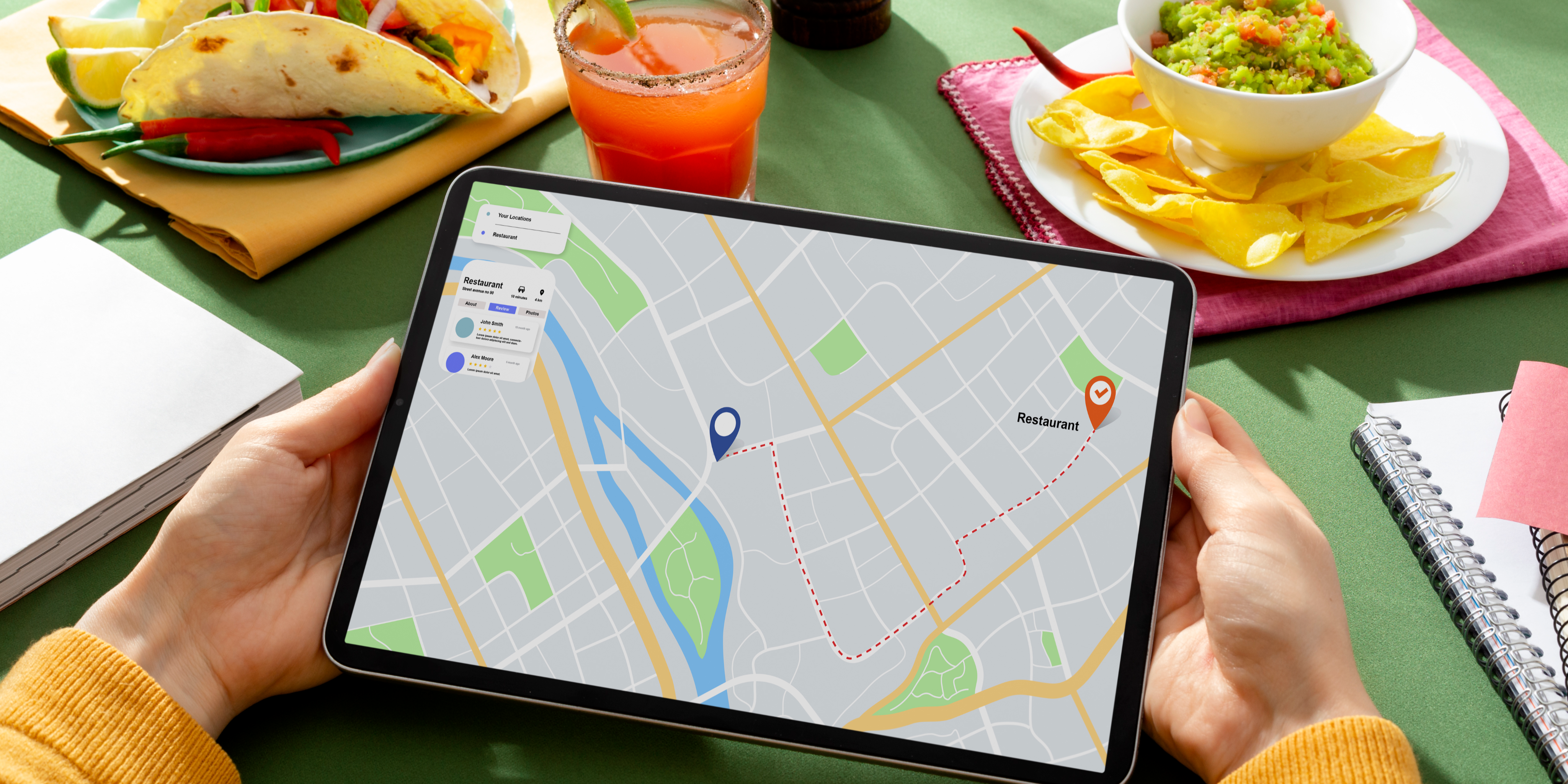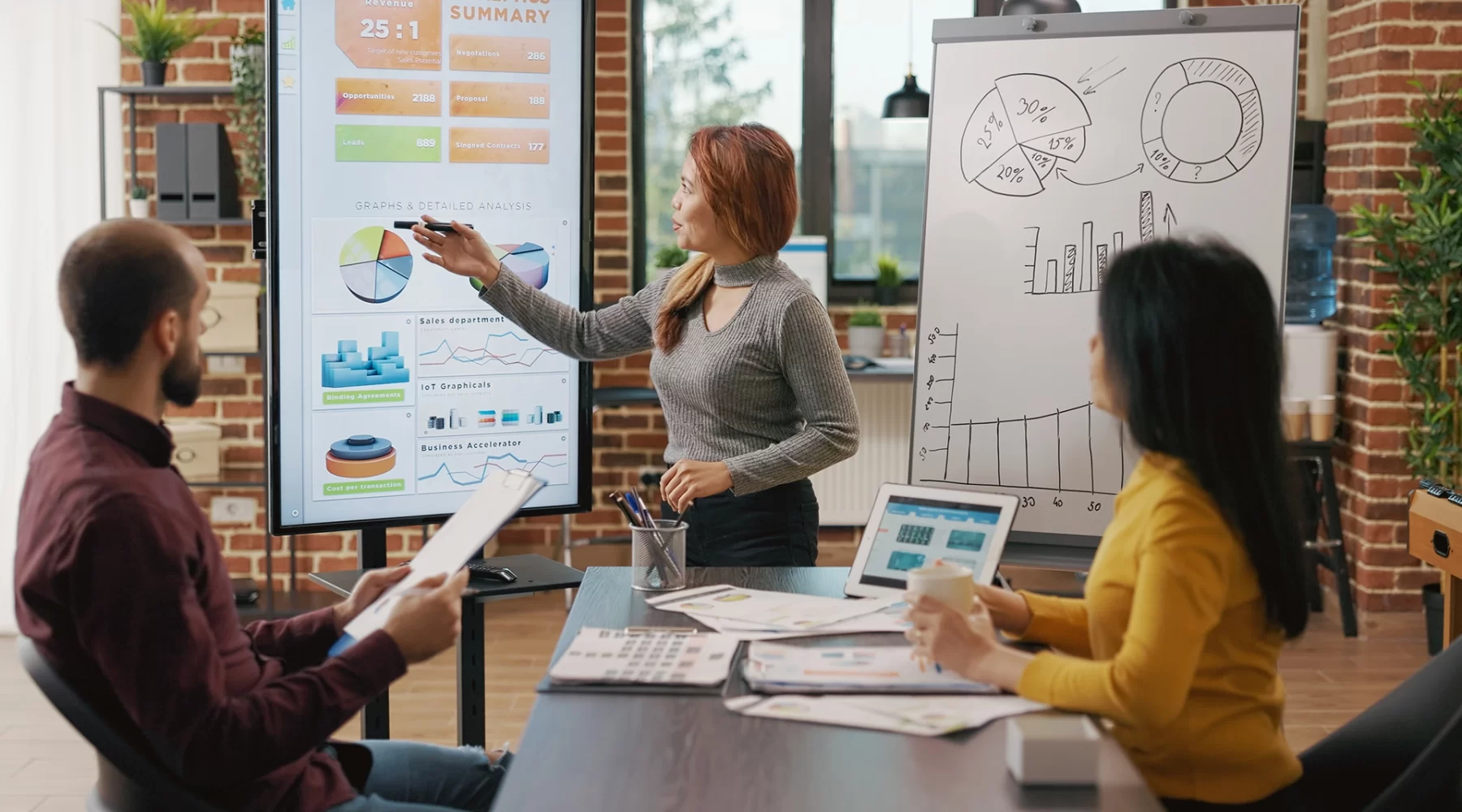
This blog will delve into the key elements that influence CPC and offer practical advice on reducing these costs effectively.
Understanding Cost Per Click (CPC)
CPC is the price you pay each time a user clicks on one of your ads. It’s a fundamental concept in PPC advertising, where the focus is on optimizing ad spend to maximize user engagement and conversions. An effective CPC strategy ensures that you are not just driving traffic, but traffic that is likely to convert, all while keeping costs manageable.
Factors that Influence CPC
Industry and Competition
The industry you advertise within and the level of competition you face can significantly influence your CPC (cost per click) rates. Highly competitive industries like legal services, insurance, and finance typically see higher CPCs due to more advertisers bidding for the same keywords.
Example: The average CPC (cost per click) in the legal industry might be much higher than in the hospitality industry due to more competitive bidding and higher value per conversion.
Quality Score
Google Ads uses the Quality Score as a metric to determine the relevance and quality of your ads and keywords. It’s composed of several factors:
- Ad Relevance: How closely your ad matches the intent behind a user’s search.
- Landing Page Experience: The usability and relevance of your landing page.
- Click-Through Rate (CTR): The frequency with which people click your ad after seeing it.
A higher Quality Score can lead to lower CPCs as it signals to Google that your ad is valuable to users.
Ad Targeting and Placement
Your targeting settings can also impact CPC (cost per click). Ads targeted to high-income regions or specific demographics may incur higher costs. Moreover, ad placements across different platforms and devices vary in cost due to differing audience engagement levels.
Ad Content and Creativity
Creative content that resonates with your audience can improve engagement rates and reduce your CPC (cost per click). An ad that stands out is more likely to garner clicks, which can improve your ad’s performance and lower costs over time.
Seasonality and Timing
Ad costs can fluctuate based on the time of day, day of the week, and season. Understanding these patterns can help you time your ad campaigns to when CPC (cost per click) is typically lower, yet the potential for customer engagement is high.
Strategies to Reduce CPC (cost per click)
Improving Quality Score
To improve your Quality Score, focus on the following:
- Optimize Ad Relevance: Make sure your ads closely match the search queries you target.
- Enhance Landing Page Quality: Improve the user experience and relevance of your landing pages.
- Conduct A/B Testing: Regularly test different elements of your ads to find what works best and improve CTR.
Keyword Optimization
Effective keyword management is crucial for maintaining low CPCs:
- Use Long-Tail Keywords: These are less competitive and more specific, often leading to lower costs and higher conversion rates.
- Implement Negative Keywords: Filter out irrelevant traffic by adding non-converting terms as negative keywords.
Smart Bidding and Budget Allocation
Google’s Smart Bidding strategies can automate your bidding process to optimize for conversions while managing costs:
- Target CPA: Sets bids to help get as many conversions as possible at the target cost-per-acquisition you set.
- Enhanced CPC: Adjusts your manual bids to help you get more conversions, potentially lowering your overall CPC.
Ad Scheduling and Geo-targeting
- Ad Scheduling: Run ads during hours or days when your audience is most active but CPC is lower.
- Geo-targeting: Focus on specific geographic locations where you can gain more for your advertising dollar.
Continuous Monitoring and Analytics
Regularly review your campaign’s performance to identify areas where you can cut costs without sacrificing results. Use analytics tools to track which ads perform best and adjust your strategies accordingly.
Conclusion
By understanding the factors that influence CPC (cost per click) and implementing strategic measures to reduce it, advertisers can enhance their PPC advertising efficiency. Regular optimization and adaptation to the evolving digital landscape are key to maintaining competitive ad campaigns.
We hope this guide helps you optimize your ad campaigns effectively. If you have any tips or experiences you’d like to share about managing CPC, please comment below! For more personalized advice, consider reaching out to a professional PPC management service.
Frequently Asked Questions
Read more

How Can Local SEO Boost Your Restaurant’s Visibility?
In the digital age, the visibility of your restaurant online can significantly influence its success. Local Search Engine Optimization (SEO) stands out as an essential strategy to enhance your restaurant’s presence in local search results, making it easier for potential customers to find you. This blog will dive into how local SEO can elevate your restaurant’s visibility and ultimately attract more patrons.

SEO for Attorneys: How Law Firms can benefit from SEO?
As the highly competitive digital landscape shifts, law firms must strategically position themselves online to thrive. As more potential consumers turn to the internet for legal services, efficient SEO becomes critical to a law firm’s marketing strategy.

7 Important Digital Marketing Metrics and KPIS to Track
The most important digital marketing metrics and KPIs businesses should track. From website traffic to conversion rates, we’ll cover the key metrics that can help you measure the success of your digital marketing campaigns. By tracking these metrics and making data-driven decisions, businesses can improve their digital marketing strategies and achieve better results.
